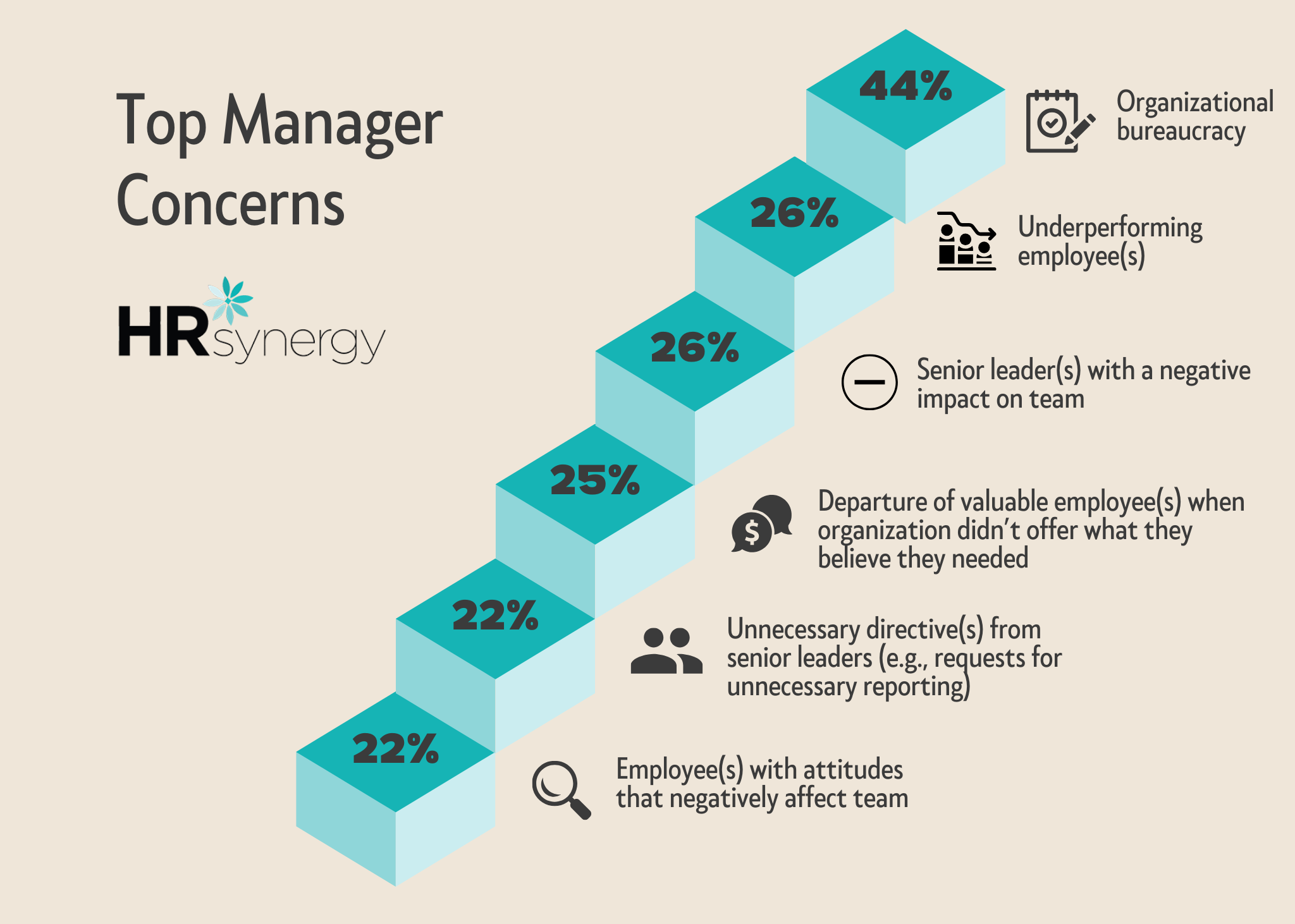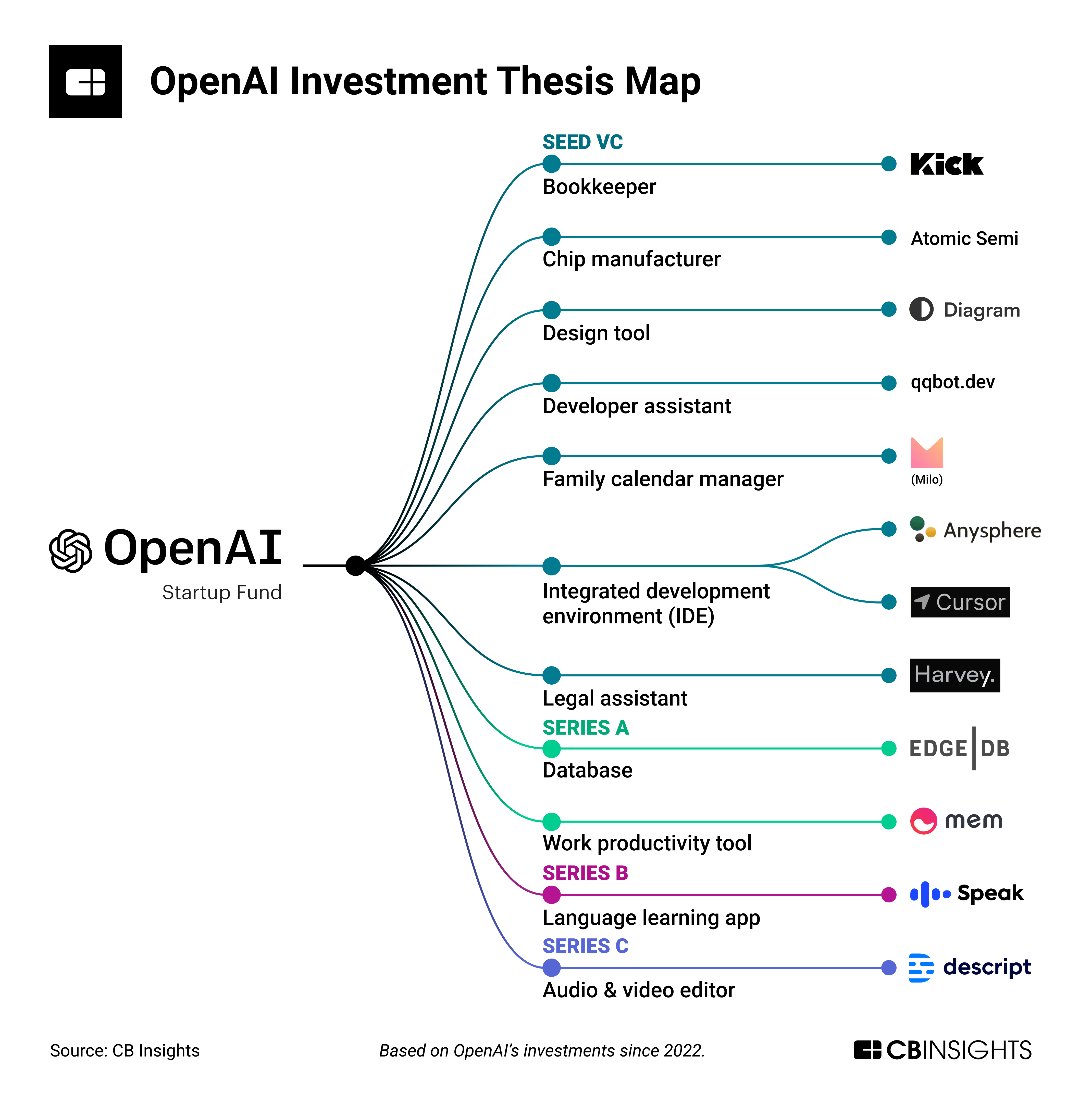The Crucial Role Of Middle Managers In Business And Employee Development

Table of Contents
Bridging the Gap Between Leadership and Employees
Middle managers occupy a critical position, acting as the bridge between senior leadership and frontline employees. Their effectiveness directly influences communication flow, team morale, and the successful implementation of organizational strategies.
Effective Communication and Information Flow
Middle managers act as a vital conduit, translating high-level strategies into actionable tasks for teams and relaying employee feedback upwards. This two-way communication is essential for organizational success.
- Facilitating transparent communication reduces misunderstandings and improves morale. Open and honest communication fosters trust and reduces the likelihood of conflicts arising from unclear expectations.
- Regular team meetings, one-on-one check-ins, and clear communication channels are essential tools. These tools ensure that information flows smoothly and consistently, preventing bottlenecks and delays.
- Active listening and empathetic communication build trust and rapport. Middle managers who actively listen to their team members' concerns and provide empathetic responses foster a more positive and collaborative work environment. This strengthens the relationship between manager and employee.
Mentorship and Guidance
Beyond communication, middle managers play a crucial role in mentoring and guiding employees. This mentorship directly contributes to employee development and retention.
- Offering personalized mentorship programs. Tailored mentorship helps employees identify and develop their skills, boosting their confidence and performance.
- Providing constructive feedback and performance reviews. Regular feedback, both positive and constructive, allows employees to understand their strengths and areas for improvement.
- Identifying employees' strengths and weaknesses to create tailored development plans. This proactive approach ensures that employees receive the support they need to reach their full potential.
- Promoting a culture of continuous learning and improvement. Middle managers should actively encourage learning and professional development within their teams.
Driving Operational Efficiency and Productivity
Middle managers are directly responsible for the day-to-day operations of their teams. Their ability to delegate effectively, optimize processes, and manage projects impacts the overall efficiency and productivity of the organization.
Task Delegation and Project Management
Effective delegation is a hallmark of successful middle managers. They know how to distribute tasks efficiently, monitor progress, and ensure projects stay on track.
- Utilizing project management methodologies (Agile, Scrum, etc.). Implementing established project management techniques streamlines workflows and improves team collaboration.
- Monitoring progress and identifying potential roadblocks. Proactive monitoring allows middle managers to address potential issues before they escalate, preventing delays and cost overruns.
- Ensuring appropriate resource allocation. Effective resource allocation ensures that teams have the necessary tools and support to succeed.
- Holding team members accountable for their responsibilities. Accountability is crucial for maintaining high standards of work and achieving project goals.
Process Optimization and Improvement
Middle managers are instrumental in identifying inefficiencies and implementing improvements in workflows and processes. This focus on continuous improvement is key to maintaining a competitive edge.
- Regular process reviews and audits. Regularly reviewing processes helps identify bottlenecks and areas for improvement.
- Implementing new technologies and tools to improve efficiency. Embracing new technologies can significantly enhance productivity and streamline workflows.
- Analyzing data to identify areas for improvement. Data-driven decision-making allows for targeted improvements and measurable results.
- Suggesting and implementing process changes to boost productivity. Proactive problem-solving and implementation of improvements are essential for sustained operational efficiency.
Fostering Employee Engagement and Retention
Highly engaged employees are more productive and more likely to remain with a company. Middle managers play a vital role in fostering a positive work environment that promotes engagement and retention.
Creating a Positive Work Environment
Middle managers set the tone for their teams. A positive and supportive work environment is directly attributable to the leadership of middle managers.
- Promoting teamwork and collaboration. Encouraging teamwork and collaboration fosters a sense of community and shared purpose within the team.
- Recognizing and rewarding employee contributions. Acknowledging and rewarding employees' achievements boosts morale and motivates them to continue performing at a high level.
- Addressing employee concerns and providing support. Showing empathy and providing support to employees facing challenges demonstrates care and strengthens team bonds.
- Fostering a culture of open communication and feedback. Open communication creates a safe space for employees to voice their concerns and provide feedback.
Employee Development and Career Progression
Investing in employee development is key to retention. Middle managers play a crucial role in supporting employee career growth.
- Offering training and development opportunities. Providing access to training and development programs helps employees develop new skills and advance their careers.
- Mentoring and coaching employees. Providing guidance and support helps employees navigate challenges and reach their full potential.
- Providing opportunities for advancement. Creating opportunities for advancement within the company helps retain talented employees.
- Supporting employees in achieving their career goals. Supporting employees in their career aspirations demonstrates investment in their future, boosting morale and loyalty.
Conclusion
Middle managers are not simply supervisors; they are the linchpins of successful organizations. Their crucial role in business and employee development extends across communication, operational efficiency, and fostering a positive and productive work environment. By investing in the development and empowerment of middle managers, companies can unlock significant gains in productivity, employee engagement, and ultimately, organizational success. Invest in strengthening your middle management team and witness the positive impact on your entire organization. Prioritize the development of your middle managers' crucial role in business and employee development and reap the rewards of a highly effective and engaged workforce.

Featured Posts
-
 Pfc Rejects Gensol Eo W Application Due To Submission Of Fake Documents
Apr 27, 2025
Pfc Rejects Gensol Eo W Application Due To Submission Of Fake Documents
Apr 27, 2025 -
 Charleston Open Upset Pegula Defeats Collins In Comeback Victory
Apr 27, 2025
Charleston Open Upset Pegula Defeats Collins In Comeback Victory
Apr 27, 2025 -
 Werner Herzogs Next Film Bucking Fastard Casts Real Life Sisters
Apr 27, 2025
Werner Herzogs Next Film Bucking Fastard Casts Real Life Sisters
Apr 27, 2025 -
 Private Credits Growing Instability Warning Signs Before The Turmoil
Apr 27, 2025
Private Credits Growing Instability Warning Signs Before The Turmoil
Apr 27, 2025 -
 Los Angeles Wildfires And The Ethics Of Disaster Betting
Apr 27, 2025
Los Angeles Wildfires And The Ethics Of Disaster Betting
Apr 27, 2025
Latest Posts
-
 Open Ai Unveils Streamlined Voice Assistant Development Tools
Apr 28, 2025
Open Ai Unveils Streamlined Voice Assistant Development Tools
Apr 28, 2025 -
 Building Voice Assistants Made Easy Open Ais 2024 Announcement
Apr 28, 2025
Building Voice Assistants Made Easy Open Ais 2024 Announcement
Apr 28, 2025 -
 16 Million Penalty T Mobiles Three Year Data Breach Settlement
Apr 28, 2025
16 Million Penalty T Mobiles Three Year Data Breach Settlement
Apr 28, 2025 -
 T Mobile Data Breaches 16 Million Fine Highlights Security Gaps
Apr 28, 2025
T Mobile Data Breaches 16 Million Fine Highlights Security Gaps
Apr 28, 2025 -
 From Scatological Documents To Podcast Success The Power Of Ai
Apr 28, 2025
From Scatological Documents To Podcast Success The Power Of Ai
Apr 28, 2025
